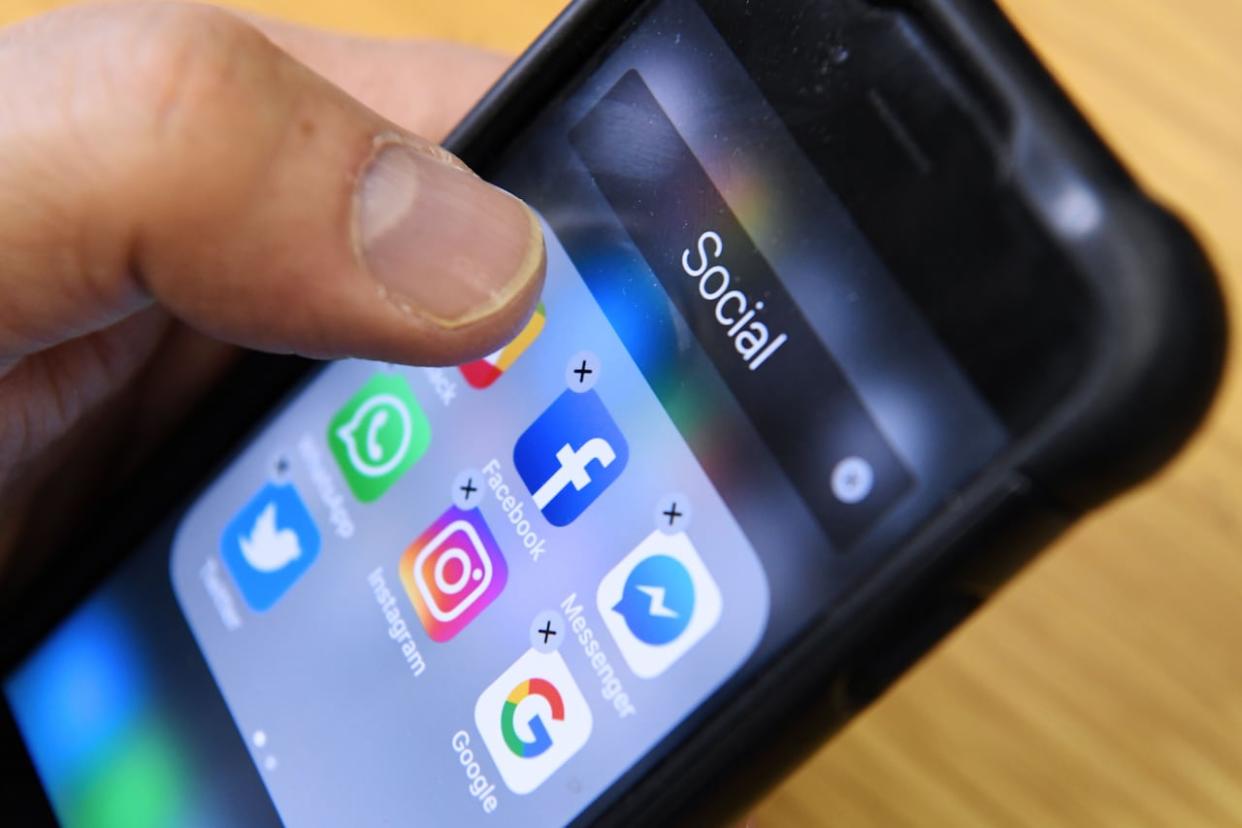Think boomers are most vulnerable to cybersecurity attacks? Wrong. It's actually Gen Z

For many Gen Z-ers, posting "get to know me" videos on social media is a fun way to connect with their followers.
But cybersecurity experts warn that it's just another activity that makes the generation more vulnerable to cyberattacks than boomers, despite having grown up online.
"Gen Z is three times more attacked, more targeted, and they're three times more susceptible to be breached," said Jane Arnett with cybersecurity tech company Check Point.
Arnett says there's a common misconception that boomers are hardest hit by scams, but recentstudies suggest that being chronically online hasn't translated into healthy cyber practices for younger generations.

Jane Arnett with cybersecurity tech company Check Point says it's critical that Gen Z develops healthier online practices — for themselves, and for others. (Submitted by Jane Arnett)
That's because Gen Z is generally online more, uses more apps and shares more personal information on the internet than other generations, says Arnett.
"They make easier targets in general … and they kind of don't care."
And she warns that younger generations' online vulnerabilities could become a critical concern in the workforce. The World Economic Forum predicts that Gen Z will make up 26 per cent of the global workforce by 2025.
Protect yourselves and others
Arnett is urging young people to get in the habit of protecting themselves online now — before they fall victim to internet fraud.
"I get it. You're totally fatigued with life. But here's the thing. You can have a massive impact. Gen Z is about impacting the world and I love that about this generation," said Arnett.
She points to situations across the globe where hospitals have been shuttered by ransomware attacks, because hackers gained access to people's personal credentials.
In October, thousands of patient appointments were cancelled and the information of over five million patient visits were stolen across five southwestern Ontario hospitals hit by a ransomware attack.
"You have in your power to keep hospitals running, to keep lives saved, to keep 911 operators able to answer their phone calls…. You can really, really help by just doing these fairly simple things," said Arnett.
'It won't be me'
In Calgary, 25-year-old Jana Janevska makes a living by creating and sharing content — mostly about her life — online.
But, like many others in her generation, she says she doesn't think about online security as much as she probably should.

Jana Janevska is an influencer who posts about living in Calgary. She was surprised to hear that members of Gen Z is more prone to falling for online scams. (Submitted by Jana Janevska)
"I'm aware that this is a very serious topic, but it's almost like, you know what? It won't be me. This won't affect me. I'm safe enough," said Janevska.
While she was surprised to hear that Gen Z is more prone to falling for online scams — "I feel like Gen Z makes fun of boomers for not being safe online" — she says it does make sense.
"Because we are online so much and sharing everything to the point of oversharing, and oversharing is such a big part of everyone's brand now, I can see how we can easily be a target."
Janevska says she's heard the usual cybersecurity warnings, but what has made a difference for her is hearing stories from others about how they've gotten ripped off — and ways they could have prevented it.
And now that she knows the gravity of the situation, she says she'll work harder to keep herself safe.
How to protect yourself online
Arnett says the key to strong cybersecurity is to implement easy tactics, so as not to add to the fatigue.
"It doesn't have to be so hard. It doesn't have to be such a pain in the butt."
Her tips include:
Turning on two-factor authentication.
Creating unique passwords for different accounts — especially the email address to which passwords get sent.
Getting security technology that will check websites and flag any suspicious activity before you enter passwords.
Keeping software updated.
Arnett also encourages Gen Z not to post content about their whereabouts until they've left that destination, so people can't keep track of their location.


